 This 2018 Bugatti Chiron just became the most expensive car listed on eBay
This 2018 Bugatti Chiron just became the most expensive car listed on eBay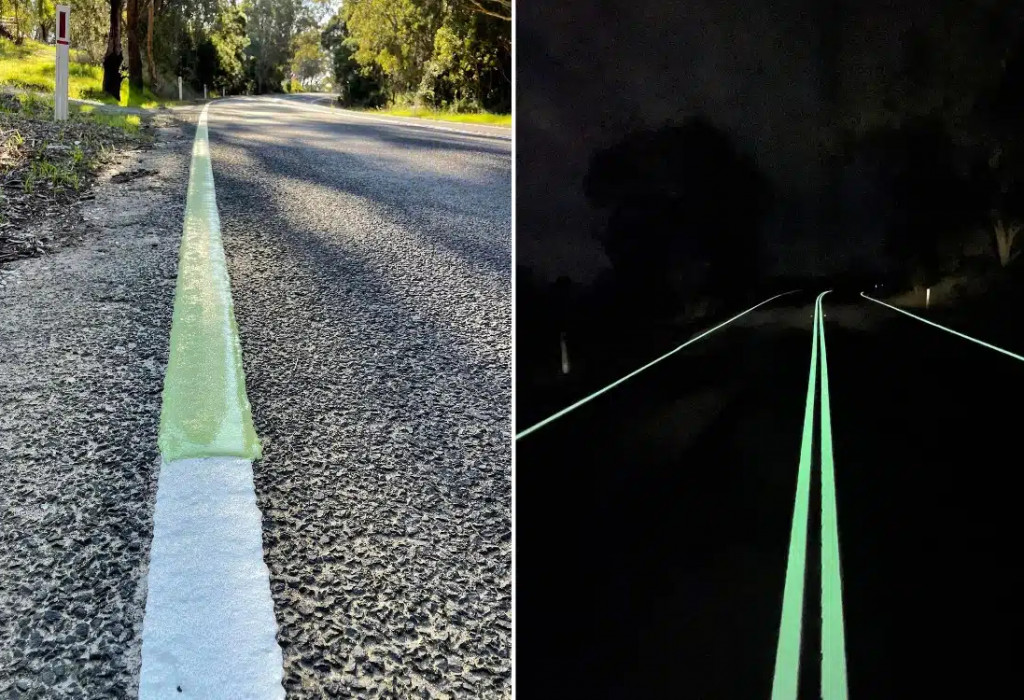 Australia is trialing glow in the dark lines on the roads to improve safety at night
Australia is trialing glow in the dark lines on the roads to improve safety at night The Japanese make probably the most insane idea vehicles
The Japanese make probably the most insane idea vehicles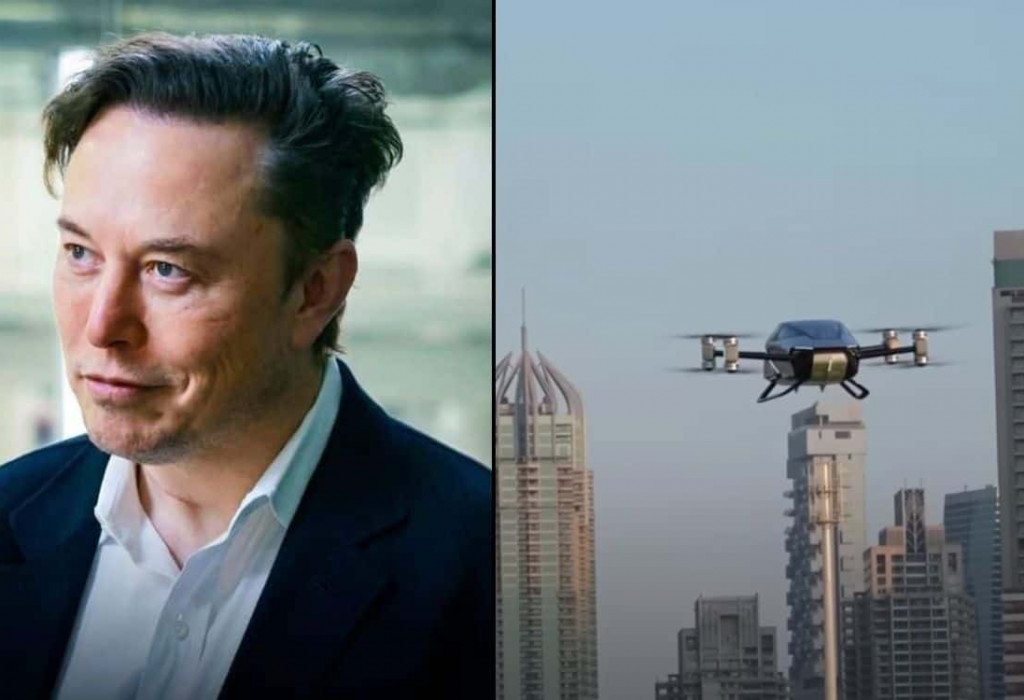 Elon Musk thinks cars with the capability to fly are an idiotic thought
Elon Musk thinks cars with the capability to fly are an idiotic thought Mercedes E-Class gets a new look with more technology and AI.
Mercedes E-Class gets a new look with more technology and AI.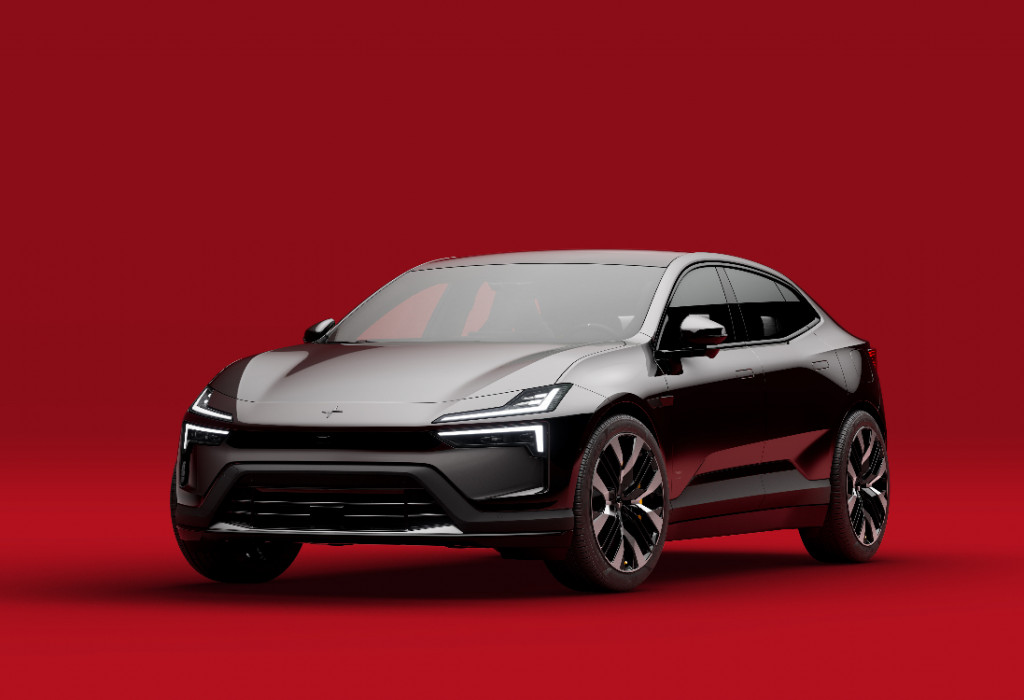 The Polestar 4 SUV-coupé was shown off, with no rear window and 544 horsepower.
The Polestar 4 SUV-coupé was shown off, with no rear window and 544 horsepower. Mercedes-Maybach elevates EV luxury to an insane new level.
Mercedes-Maybach elevates EV luxury to an insane new level.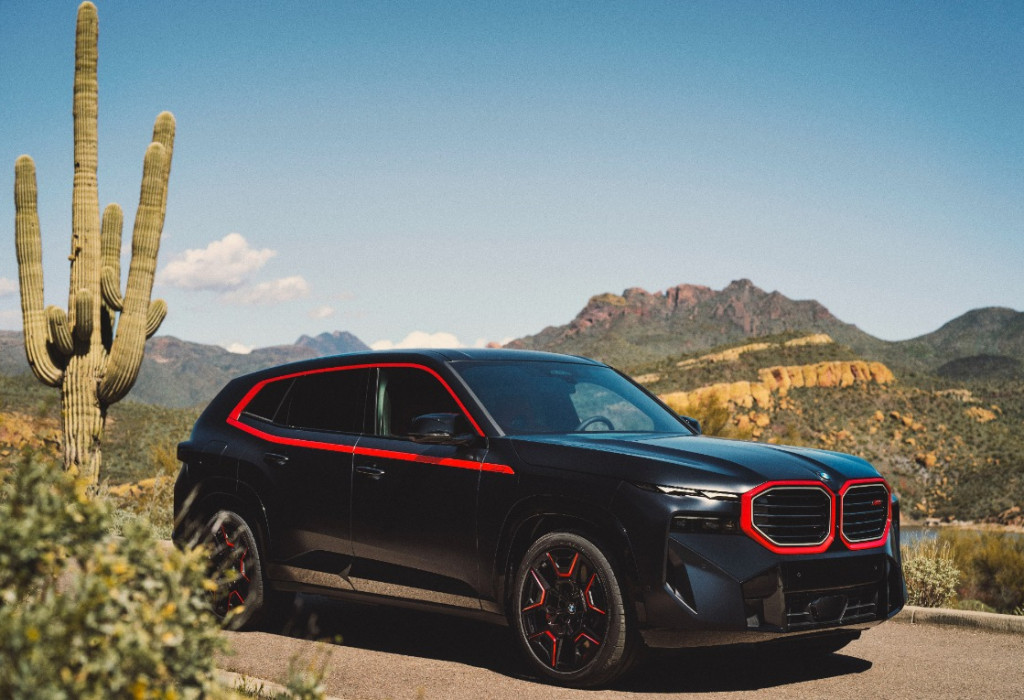 The most powerful M-Car ever produced is the BMW XM Label Red.
The most powerful M-Car ever produced is the BMW XM Label Red. As a Range Rover passes through a car wash, watch as it is destroyed.
As a Range Rover passes through a car wash, watch as it is destroyed.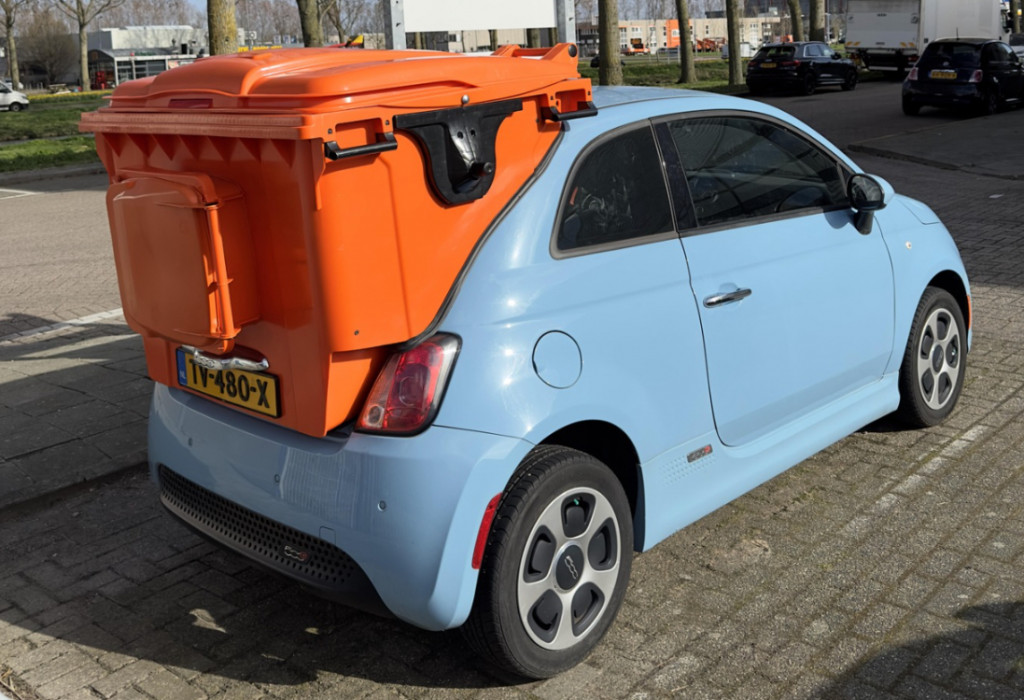 The smallest garbage truck in the world was made by the Fiat 500e.
The smallest garbage truck in the world was made by the Fiat 500e.From next year, Hyundai, a Korean automaker, will use solar panel charging technology for electric and hybrid vehicles.
For fuel-powered automobiles, the transparent solar panels can even be integrated into the roofs of the vehicles.
It is asserted that hybrid and gasoline-powered automobiles will benefit from increased mileage, decreased CO2 emissions, and improved fuel efficiency.
Solar roof paneling of three varieties is currently in development. One is made just for hybrid vehicles and can, depending on the weather, charge anywhere from 30 to 60 percent of the battery in a day.
The second can be used in panoramic sunroofs for cars with internal combustion engines, allowing light to pass through to the driver and passengers while charging the battery.
The final one, which is currently in the testing phase, will be for electric vehicles. It can be mounted on the hood to maximize energy output in addition to being used on the roof.
"We anticipate incorporating a wide range of electricity-generating technologies into our automobiles in the not-too-distant future. According to Hyundai Motor Group's Jeong-Gil Park, "the solar roof is the first of these technologies, and it will mean that automobiles will no longer passively consume energy but will begin to actively produce it."
The announcement of solar technology comes shortly after Swedish research showed that future electric cars could even store energy in their bodywork rather than in bulky batteries. The prospects for EVs are promising.





